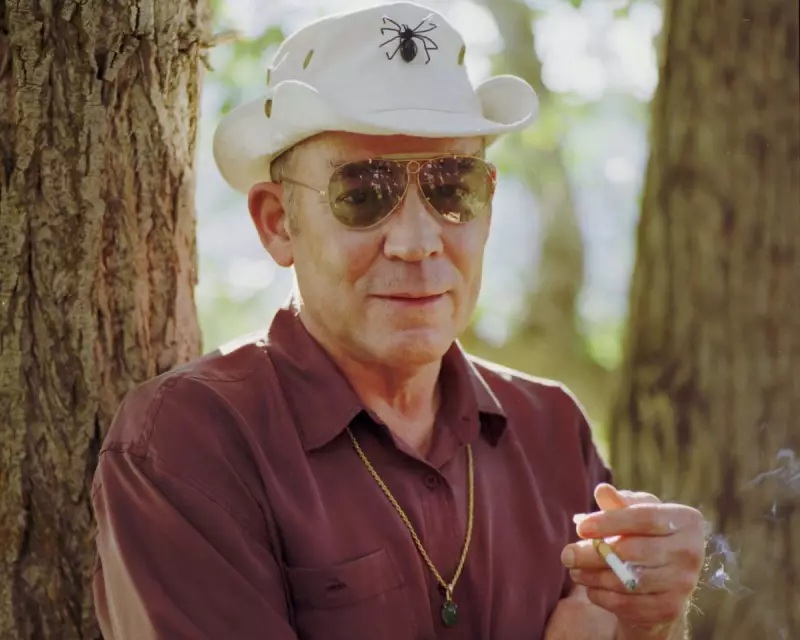
Two decades have passed since the literary world was shaken by the self-inflicted gunshot that silenced one of America's most distinctive voices. Hunter S. Thompson, the creator of Gonzo journalism and author of Fear and Loathing in Las Vegas, chose to end his life on February 20, 2005, in a manner as dramatic and uncompromising as the prose that made him famous.
The Final Scene at Owl Farm
Thompson's death at his Woody Creek compound, known as Owl Farm, wasn't merely a personal tragedy—it was the final chapter in a life lived at maximum volume. The 67-year-old writer, who had long spoken about suicide as a conscious choice, left behind a legacy that continues to polarise and fascinate in equal measure.
Beyond the Headlines: Understanding the Man
Recent reflections on Thompson's death reveal the complex reality behind the public persona. Far from being a straightforward case of depression, Thompson's decision appears to have been a calculated response to declining health and creative energy. Friends and biographers suggest he was determined to exit on his own terms, much like his hero Ernest Hemingway.
The Gonzo Legacy Lives On
What makes Thompson's death particularly noteworthy is how it reinforced the very mythology he spent decades building. His suicide note, titled "Football Season Is Over," and the subsequent cannon-fired dispersal of his ashes perfectly encapsulated the theatricality that defined his work and life.
A Cultural Phenomenon Revisited
Twenty years later, Thompson's influence continues to reverberate through:
- Modern journalism: His immersive, first-person style paved the way for new forms of narrative nonfiction
- Counterculture: He remains an icon of American rebellion and political dissent
- Literary circles: Academics continue to debate the merit and meaning of his Gonzo method
As we mark this grim anniversary, Thompson's death forces us to confront difficult questions about creativity, mortality, and the price of living without compromise. His final act, like his writing, refuses to be easily categorised or forgotten.





